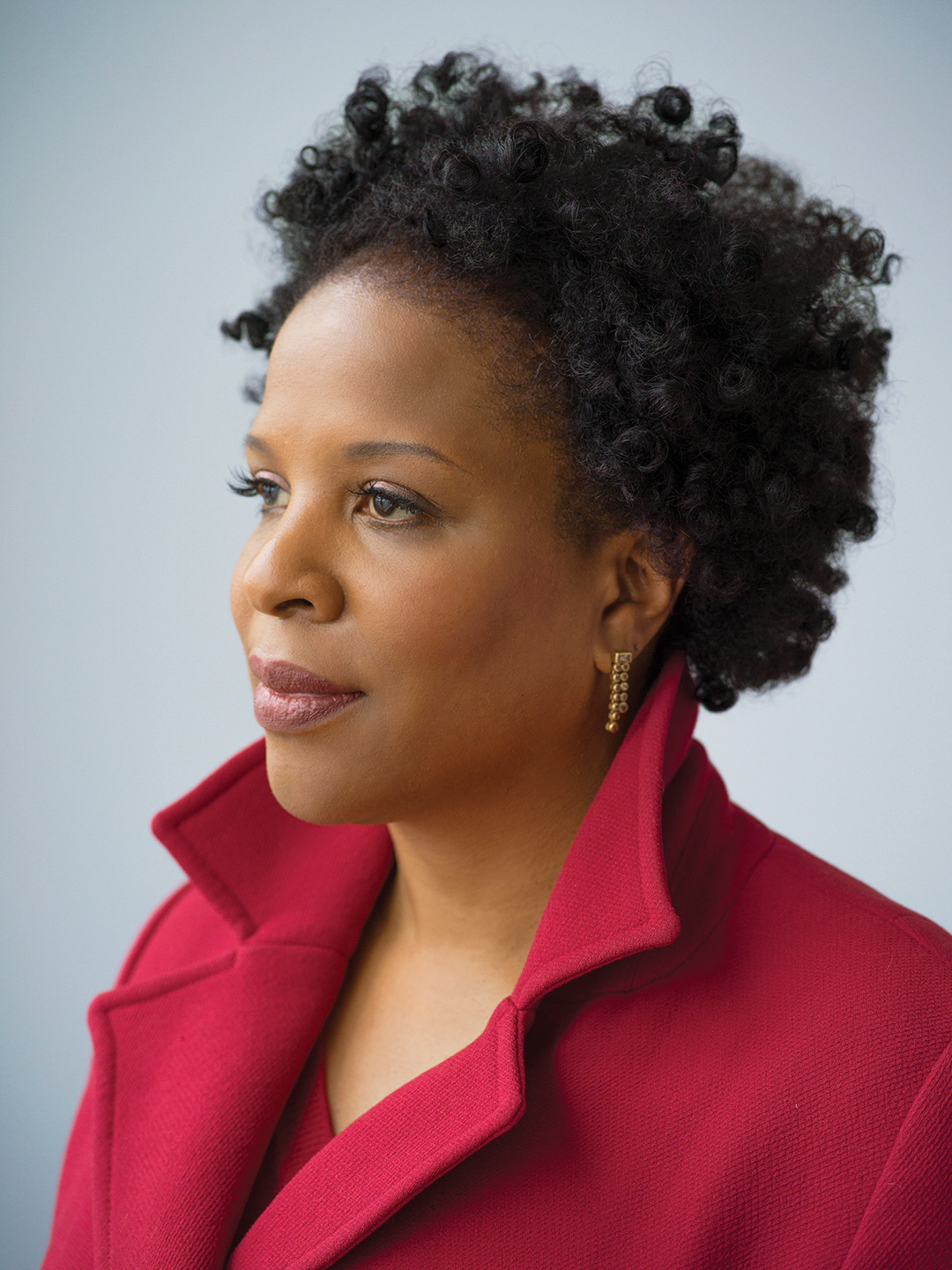Dishing Out Novel Advice
 Click Here for the Post http://www.improper.com/arts-culture/dishing-out-novel-advice/
Click Here for the Post http://www.improper.com/arts-culture/dishing-out-novel-advice/
Having penned four novels, New York Times bestselling author Tayari Jones is a maven of fiction. An American Marriage, her most recent release chronicling a couple divided by incarceration, will reportedly be adapted into a movie by Oprah Winfrey. Ahead of Jones’ appearance at the Boston Book Festival on Oct. 13, the Georgia native chatted about inspiration and knowing the ending.
How did the idea for An American Marriage come about? I started writing An American Marriage when I had a Radcliffe Institute Fellowship in 2011-12. This is my fourth novel, and for my earlier books, I had leaned more heavily on autobiography. But I thought that in this stage of my life, it was time to look more outward and try to use my words to address issues larger than myself. So, I wrote a proposal to Harvard to do some work on the issues of mass incarceration. I learned a lot, but I’m not a sociologist or ethnographer. I’m a storyteller at heart. I’m a novelist. I felt like I was aware of a situation, but I didn’t have a story. … I had been working, but I hadn’t been writing, and for me, working and writing were always the same thing, so this was a new experience. … I went back home to Georgia to spend some time with my mother and think things over. While I was there, I overheard a couple in the mall. I heard the woman say: “Roy, you know you wouldn’t have waited on me for seven years,” and he shot back, “This wouldn’t have happened to you in the first place.” And I know that’s when I have a novel, when I have a conflict when both characters are right and both characters are wrong. That’s when I decided to write An American Marriage about a young couple separated by the husband’s wrongful incarceration.
When did you first know you wanted to become a writer? I first knew that I enjoyed writing when I was just a little girl. I loved to read and I loved to write. I did this all through my adolescence, but I didn’t know that I could be a writer. … It seemed almost like when someone said they want to be a movie star. … I also think that there’s a gendered aspect. I think that when young girls or teenagers enjoy reading and writing, people think of it as a character issue rather than an intellectual thing, that it means you’re a nice girl. If I’m in the library, it’s the opposite of being out with boys. But no one ever says, “What are you writing? What are you thinking about? What are you reading, young lady?” So, I didn’t understand myself as preparing for my eventual career. It wasn’t until I was a student at Spelman College that I met a writer and she was my teacher, and she asked me, “What are you thinking?” I got ready to tell her, and she said: “No, write it down.” And she became my first audience.
Do you usually know where a novel is going before you start writing? I don’t like to know where it’s going. … I would hate to spoil a project for myself by knowing the end. I like to ask myself a hard question and then chase down the answer.
2018 FALL ARTS PREVIEW: DANCE | BOOKS | COMEDY | MUSIC | PERFORMING ARTS | PODCASTS | VISUAL ART













